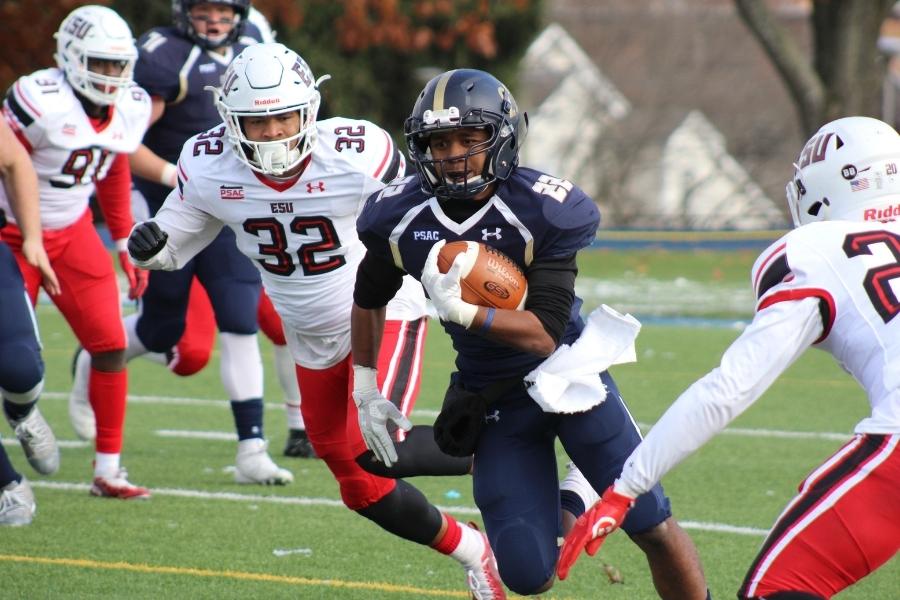
Neurofeedback Helping Football Players Mentally and Physically
Football is a physical and demanding sport, but also a sport that requires being mentally sharp. Ask any football coach, and they are likely to agree with the old adage that the most important 10 inches in football are between one’s ears. Many football games are won by the team that makes the least number of mental mistakes. In practices, it is not uncommon to see a team run the same play over and over until they “get it right”.
All 11 players on the field must know their responsibility on every play. A missed block can lead to a tackle for a loss, a sack, or even worse, a fumble. A wrong route can lead to an interception. A bad read by the quarterback can lead to a pick six.
Mental mistakes lead to penalties and can quickly change the momentum of a game. Penalties for being offsides, holding, too many players on the field, or unsportsmanlike conduct often add up to the difference in winning or losing a game. The negative emotional consequences of costly mistakes like these can affect the overall confidence of any player or team throughout a game or even a season.
Emerald Coast NeuroFeedback trains your brain to function at optimal levels, helping football players to be more focused and mentally “in the zone”. An optimized brain helps an athlete perform at their best in high-pressure situations.
Football players spend a lot of time in the weight room working out to get stronger and faster. They do countless reps and maintain a strict diet but don’t always allow time for their body to recover. Training your brain with Neurofeedback has been proven to help with sleep issues, which is extremely important in the recovery process, both for your body and your mind. Research has shown sleep to be even more important than nutrition to reach peak performance. Getting necessary sleep has been shown to improve our reactions and decision-making, and improve our ability to focus and concentrate while also improving physical performance.
Football players are turning to Neurofeedback to help withstand the physical and mental demands of the game. One player, Minnesota Vikings quarterback Kirk Cousins, has been a longtime proponent of Neurofeedback. Cousins uses Neurofeedback for improving sleep, mitigating stress, recalling and processing information at a rapid rate, and sharpening the mental awareness needed to perform at his best. He has found training his brain to give him an edge in an area that may offset any physical attributes he lacks.
In a 2018 article with ESPN, Cousins shared his thoughts on the benefits of Neurofeedback and helping him reach peak performance. “I also think anticipatory stress is always something I’m trying to combat. In other words, the 24 hours, the 12 hours leading up to the game, there can be a lot of butterflies and a lot of anxious feelings, and nervous energy. I think he helps me process that and handle that so that it isn’t crippling or paralyzing in any way.”
Added Cousins: “I have a big enough sample size over seven years to say it has helped. I think it is worth it for the long haul. And I’m doing it not just to be a good football player, but I think the best, healthiest version of myself also off the football field, too.”
